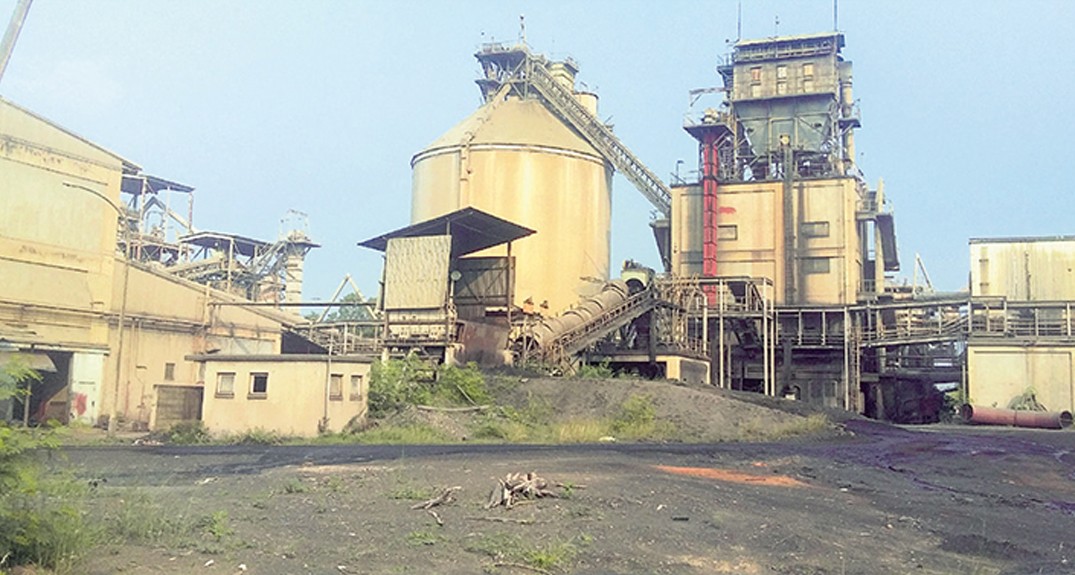KATHMANDU: The Hetauda Cement Industry has faced a halt in production for nearly three months, with no clear timeline for the resumption of regular cement production.
The industry management has attributed the shutdown to the need for repairs to various equipment and the installation of new machinery.
General Manager Basanta Raj Pandey explained that the industry cannot resume production until it receives confirmation from the Nepal Electricity Authority (NEA) Central Office in Kathmandu regarding a regular supply of eight megawatts of electricity.
Despite ongoing negotiations between industry officials and NEA representatives, the electricity supply remains inconsistent, with power cuts occurring two to three times a day. This situation has hindered both repair work and equipment installation.
The Hetauda Cement Industry had reached an agreement recently to receive regular electricity from additional power generated by the Upper Tamakoshi project, but the lack of a steady power supply has made daily cement production increasingly difficult.
Deputy General Manager Naveen Kumar Karna stated that the repairs to the industry’s aging equipment would take several more weeks due to the ongoing power shortage.
Technical manpower has been deployed as per an agreement to expedite the repairs, but the industry cannot resume production until the power supply is stabilized.
District Chamber of Commerce and Industry President Krishna Kumar Agrawal raised concerns over the repeated breakdowns and maintenance issues at the industry, emphasizing the need for a long-term federal government initiative to modernize the plant with new technology.
Agrawal noted that the industry operates only three to four times a year due to these persistent issues.
The Hetauda Cement Industry, established in 1976 with an investment of Rs 1.5 billion, was inaugurated by King Birendra Bir Bikram Shahdev in 1986. The industry, once capable of producing 18,000 bags of cement per day, is now limited to just 10,000 bags per day due to the deteriorating condition of its equipment.
Meanwhile, the process of inviting bids for the procurement of 4,000 metric tons of coal, a key raw material for production, has begun.
Narendra Bhandari, the executive chairman of the industry, stated that the plant currently has a reserve of 1,200 metric tons of coal and is continuing the transportation of raw materials like limestone from the Bhaise and Okhare areas in Makawanpur.









Comment